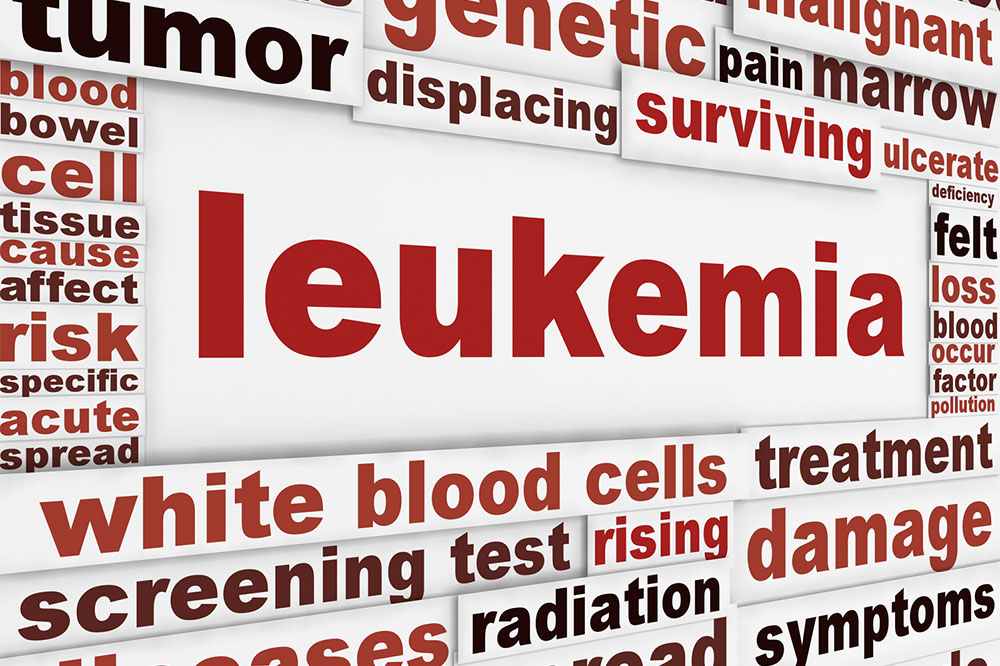Complete Overview of Anemia: Causes, Symptoms, and Prevention
This comprehensive guide explores anemia, detailing its causes, symptoms, and risk factors. Learn about how chronic diseases, nutritional deficiencies, and genetic factors can lead to anemia, and understand the importance of medical consultation for proper diagnosis and treatment. The article emphasizes awareness and prevention for maintaining optimal health.

What You Need to Know About Anemia: Causes, Signs, and Risks
Anemia is a medical condition characterized by a shortage of healthy red blood cells, which are vital for transporting oxygen to tissues. This deficiency can cause tiredness, weakness, and breathlessness. It may be a temporary issue or a long-term health problem requiring ongoing care.
Main Causes
Chronic Inflammation and Illnesses: Diseases such as kidney conditions, cancer, rheumatoid arthritis, and Crohn’s disease interfere with red blood cell production.
Iiron Deficiency: The most common cause of anemia, resulting from inadequate iron levels needed for hemoglobin production.
Deficiency of Vitamins: Lack of vitamin B-12 and folate hampers red blood cell formation. Poor diet or absorption issues often lead to this deficiency.
Aplastic Anemia: A rare condition where the bone marrow fails to produce enough blood cells, potentially caused by medications, toxins, autoimmune reactions, or infections.
Hemolytic Anemia: Red blood cells are destroyed faster than they are produced, often due to blood disorders.
Sickle Cell Disease: An inherited disorder where abnormal hemoglobin causes red cells to become sickle-shaped, leading to early destruction and a shortage of red blood cells.
Common Symptoms
Signs of anemia include fatigue, pallor, irregular heartbeat, breathlessness, weakness, chest discomfort, cold hands and feet, and frequent headaches. Some symptoms may be overshadowed by other chronic health issues.
Risk Factors
Digestive Disorders: Conditions like celiac disease or Crohn’s disease can impair nutrient absorption, increasing anemia risk.
Pregnancy: Expectant mothers require extra iron and folic acid to prevent anemia.
Genetic Factors: A family history of inherited anemia raises the likelihood of developing the condition.
Note: This article offers general insights into anemia. Always seek advice from healthcare professionals for diagnosis and treatment. This information is not a substitute for medical care.


